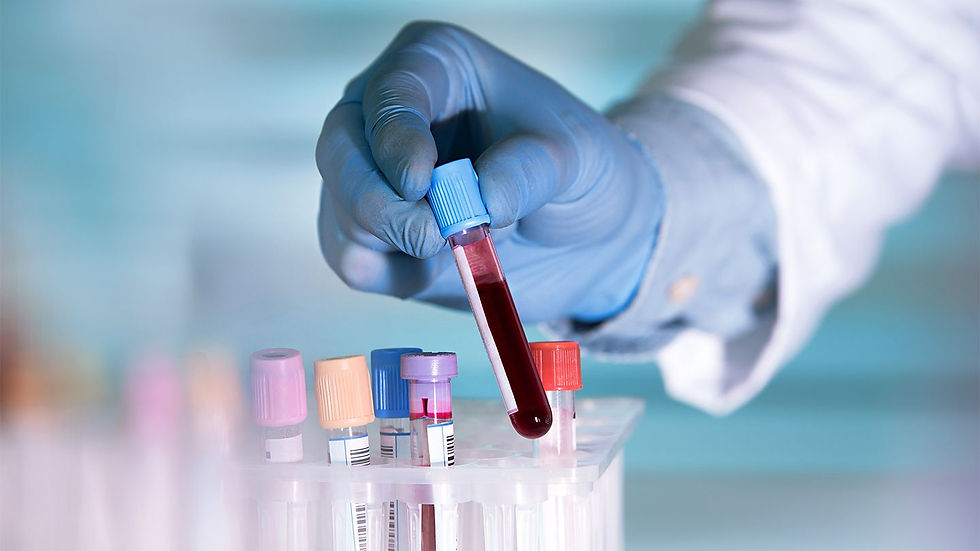
Cancer Liquid Biopsy – cfDNA Analysis
Circulating Tumor Cell Analysis at Single Cell Level

-
Liquid biopsy is a new diagnostic concept to investigate the molecular features of solid tumors by blood, saliva, urine, and any other body fluids which show a source of potential biomarkers.
-
In cancer patients, it is a simple and less invasive mean, representing a sustainable alternative to interrogate all tumor cells longitudinally, quantifying and characterizing the biological materials (DNAs, RNAs, proteins) which originate from cancer tissues.
-
Mutation detection in liquid biopsy, however, is challenged by the extremely low fraction of ctDNA in the cell-free DNA (cfDNA) samples, making accurate detection of rare mutations difficult.

Multiplex PCR-based NGS Target Enrichment Method For Precise Tumor DNA Analysis
-
Next-generation sequencing (NGS) has made it possible to detect a large number of mutations in many genes on lots of samples.
-
By using targeted NGS panels, sequencing can be focused on clinically relevant targets so that each target is sequenced thousands or tens of thousands of times to ensure a high degree of sensitivity.
-
High specificity is achieved using error-correction techniques to remove errors that arise from sequencing and amplification of the DNA.
Ultrafast, Confident Detection of Low-Frequency Variants
The CleanPlex® UMI Lung Cancer Panel is a targeted NGS assay designed for rapid and high confident detection of low-frequency variants across the hotspot regions of 23 genes associated with lung cancer.
The CleanPlex UMI Lung Cancer Panel offers a ultrafast and streamlined workflow. Starting from purified and quantitated DNA, the multiplex PCR-based protocol can be completed in just 3.5 hours, with 85 minutes of hands-on time, using a three-step, single-tube workflow. Each step consists of a thermal-cycling or incubation condition, followed by “with bead” purification using magnetic beads.

CleanPlex UMI Single-Tube Workflow
Confident Variant Detection with UMI Error Correction
-
CleanPlex UMI Technology features a simple and rapid workflow and uses proprietary molecular barcoding chemistry to uniquely label and differentiate the two strands of each DNA molecule.
-
The incorporated unique molecular identifiers (UMIs) allow PCR and sequencing errors to be corrected in the sequencing data, resulting in improved sensitivity and specificity for variant detection.


